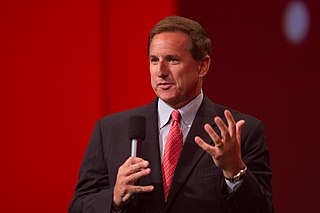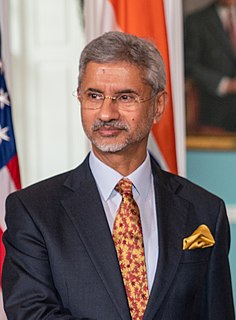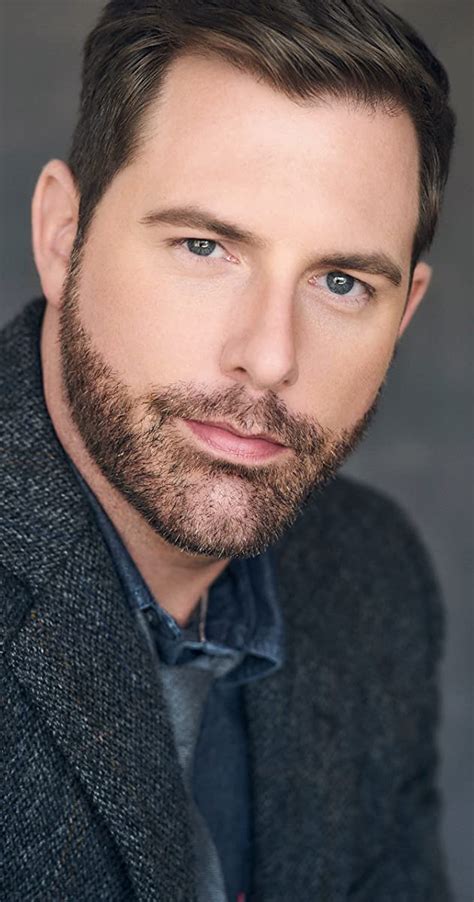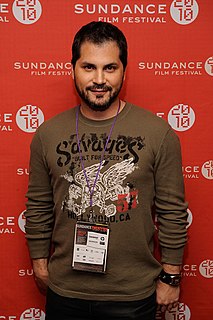A Quote by Maciej Kranz
I have long been an advocate of starting an IoT journey with a small, low-risk project that can produce immediate benefits. But don't confuse small with non-strategic. Align each project, no matter how small, into your larger strategic vision.
Related Quotes
Projects are usually undertaken to either solve a problem or take advantage of an opportunity. The probability that the project - even if precisely executed - will complete on time, on budget, and on performance is typically small. Project management is utilized to increase this probability. So in a sense, project management is risk management.
Our party [Republicans] has been focused on big business too long. I came through small business. I understand how hard it is to start a small business. That's why everything I'll do is designed to help small businesses grow and add jobs. I want to keep their taxes down on small business. I want regulators to see their job as encouraging small enterprise, not crushing it.



































